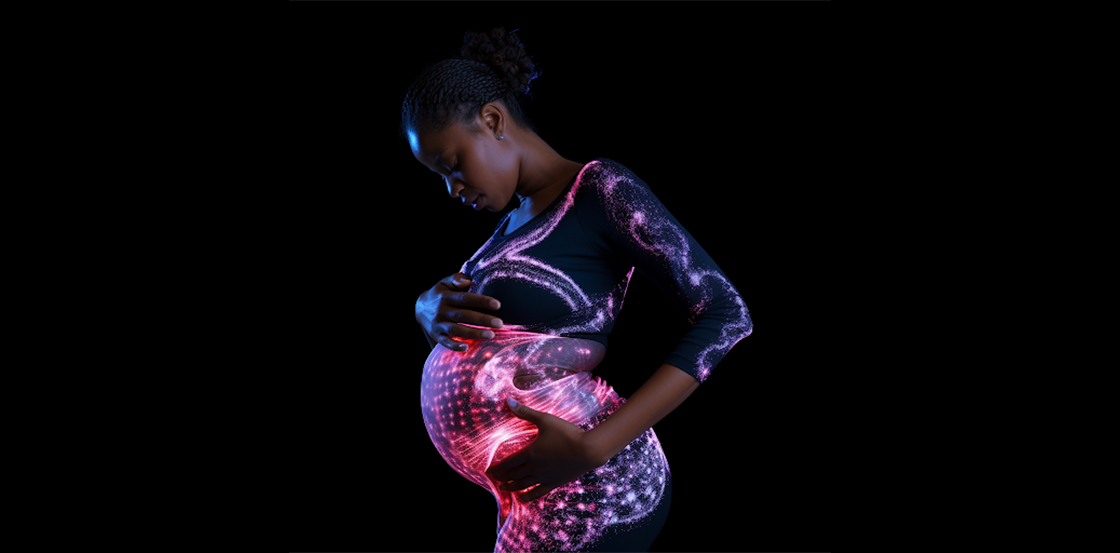Post link copied to clipboard!

Adenomyosis is a common gynaecological condition. It involves the presence of endometrial tissue within the uterine wall. Although it’s well-known for causing symptoms like pelvic pain and heavy periods, emerging evidence suggests a link between adenomyosis and lower back pain in affected women.
In this discussion, I’ll delve into the mechanisms underlying this connection and its clinical implications for managing lower back pain in women with adenomyosis.
While lower back pain isn’t traditionally considered a primary symptom of adenomyosis, numerous studies have highlighted a significant association between the two.
One remarkable aspect is how uterine nerves adapt to hormonal fluctuations, such as those during the menstrual cycle and puberty.
However, distinguishing the effects of endometriosis and adenomyosis on dysmenorrhea remains a clinical challenge.
Adenomyosis triggers inflammation and changes the uterine environment, which can lead to referred pain, including lower back pain. Inflammatory mediators may sensitise nearby nerves, heightening pain perception. Chronic pelvic pain associated with adenomyosis can also create pelvic muscle tension, eventually causing discomfort in the lower back.
Furthermore, adenomyosis disrupts normal uterine contractions, leading to dysmenorrhea and pelvic pain. These abnormal contractions may contribute to lower back pain due to anatomical connections between the uterus and lower back via ligaments and nerves.
Hormonal fluctuations, particularly elevated oestrogen levels, may worsen lower back pain in women with adenomyosis. Oestrogen can affect pain perception and muscle tension, potentially intensifying discomfort.
A challenge in studying this relationship is the absence of a standardised diagnostic approach for adenomyosis, leading to many undiagnosed cases. This lack of diagnosis makes it difficult to establish a direct causal link between adenomyosis and lower back pain.
Understanding these mechanisms is vital for enhancing the quality of life for women with adenomyosis and addressing lower back pain effectively.